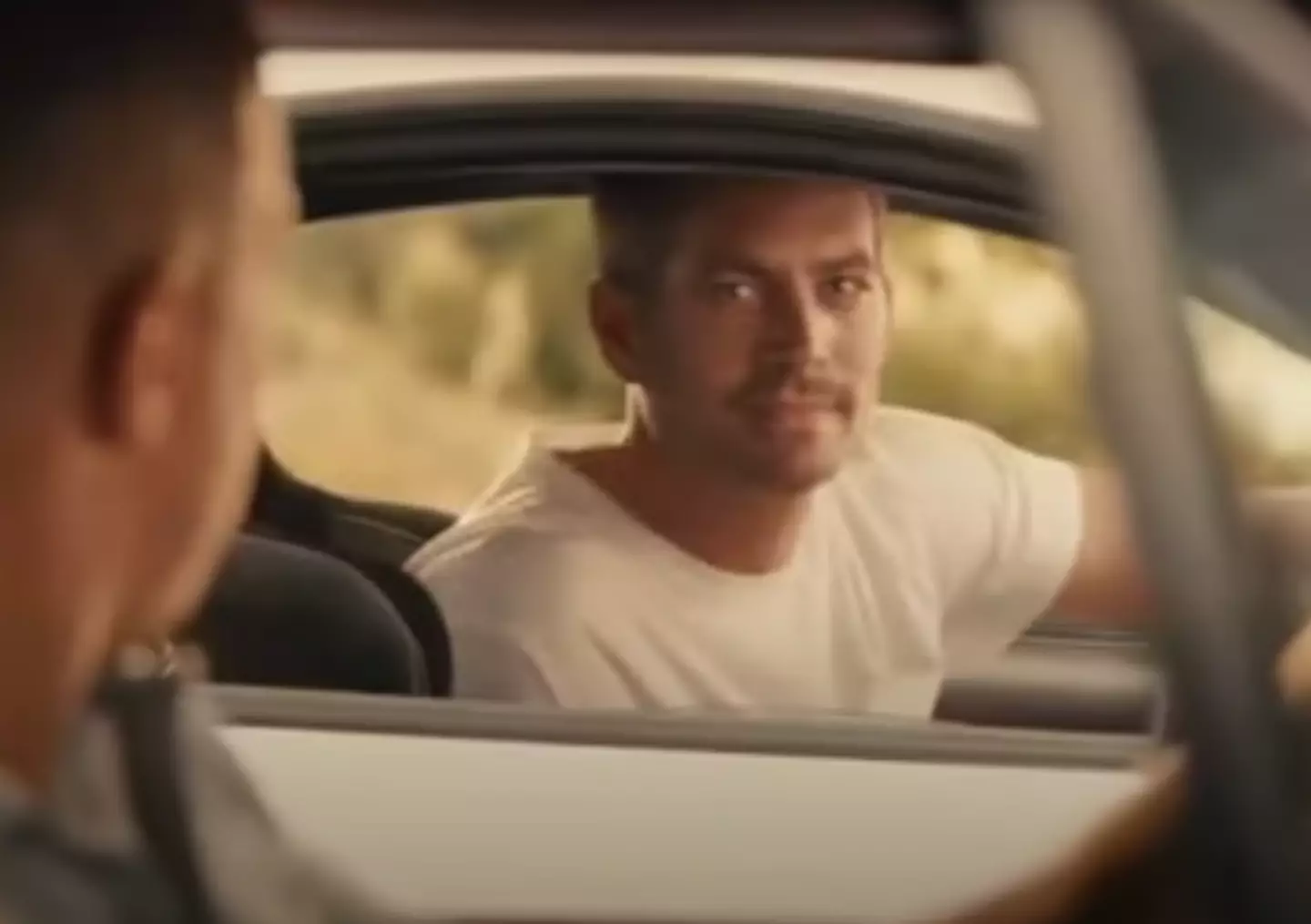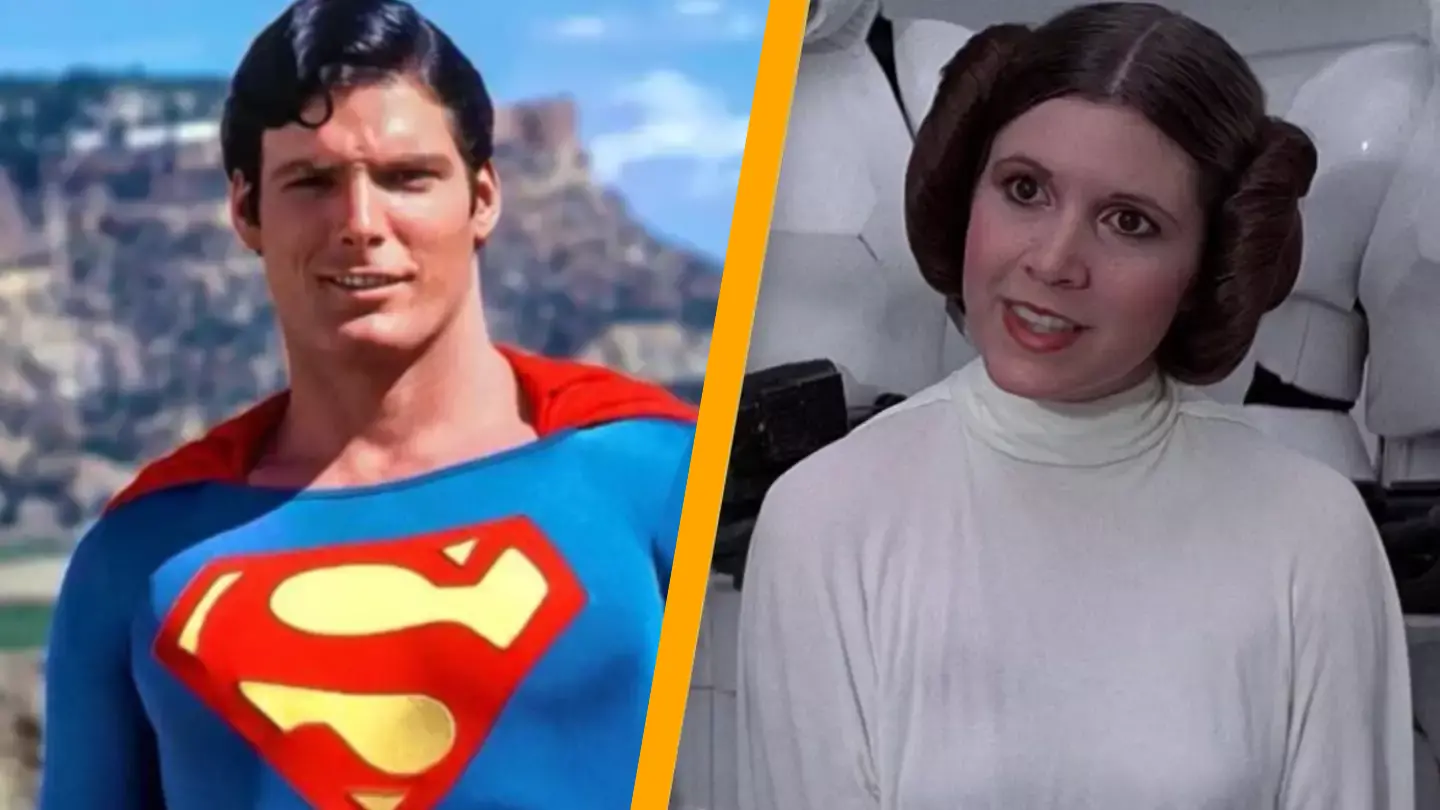A new law has been enacted regarding the use of artificial intelligence in films, following controversies surrounding the appearances of deceased actors.
The California legislature approved this new measure due to advancements in technology that have made it feasible for actors to continue “working” posthumously.

Instances of this include Carrie Fisher’s role in Star Wars IX: The Rise of Skywalker, three years after her death, and Paul Walker in Fast & Furious 7, released two years posthumously.
While Fisher and Walker’s digital appearances were done with family collaboration, the family of late actor Christopher Reeve was not consulted when his Superman character appeared in the 2023 film The Flash.
With ongoing improvements in technology, the California state Senate decided to act to prevent studios from using AI to revive characters at will.
During an April hearing on the bill, attorney Douglas Mirell cited several successful uses of AI with family consent.
Mirell referenced Fisher and Walker, as well as Oliver Reed in Gladiator and Peter Cushing in Rogue One: A Star Wars Story, noting: “In each of these four instances, permission to use the voice and/or likeness of these deceased performers was sought and obtained from the families or other representatives of their respective estates.”
“I know of no reason why such consent cannot or should not continue to be required when recognizable deceased performers are asked to portray themselves after their deaths. Put most simply, passage of AB 1836 will assure this result from now into the future.”
The bill was passed in the state senate on Saturday (August 31). It mandates that filmmakers obtain consent from the estates of deceased actors to use their likenesses for AI replicas.

The Screen Actors Guild (SAG-AFTRA) has praised the legislation, especially after a related bill addressing AI replication of living performers was passed recently.
In its statement, SAG-AFTRA said: “For those who would use the digital replicas of deceased performers in films, TV shows, videogames, audiobooks, sound recordings and more, without first getting the consent of those performers’ estates, the California Senate just said NO.”
“AB 1836 is another win in SAG-AFTRA’s ongoing strategy of enhancing performer protections in a world of generative artificial intelligence. The passing of this bill, along with AB 2602 earlier this week, build on our mosaic of protections in law and contract.”
Following its approval by the state senate, the bill is now awaiting Gov. Gavin Newsom’s signature.

